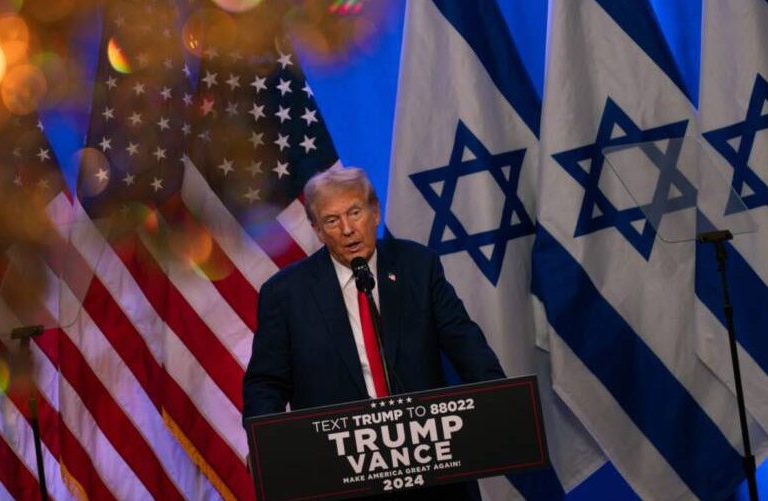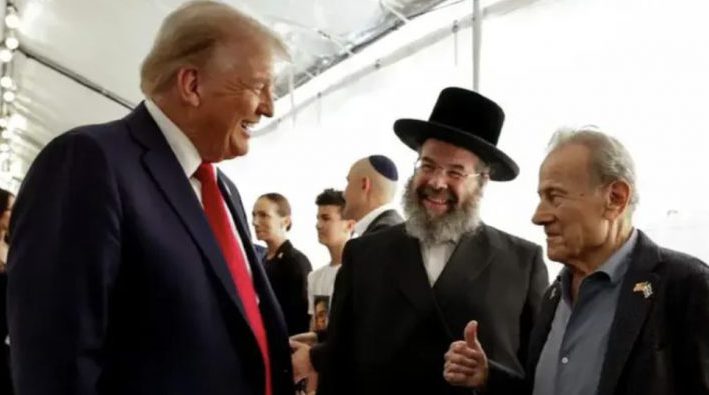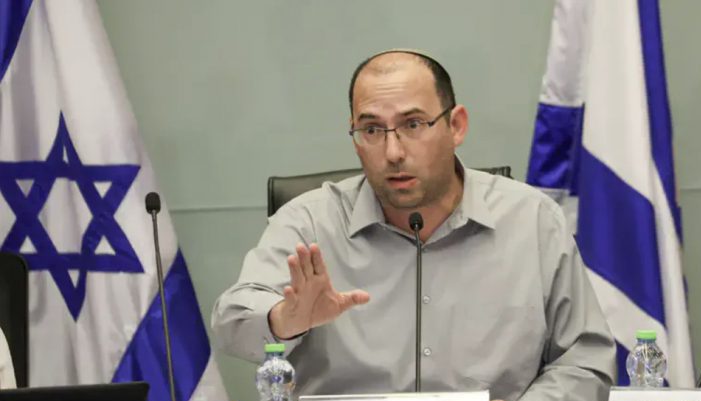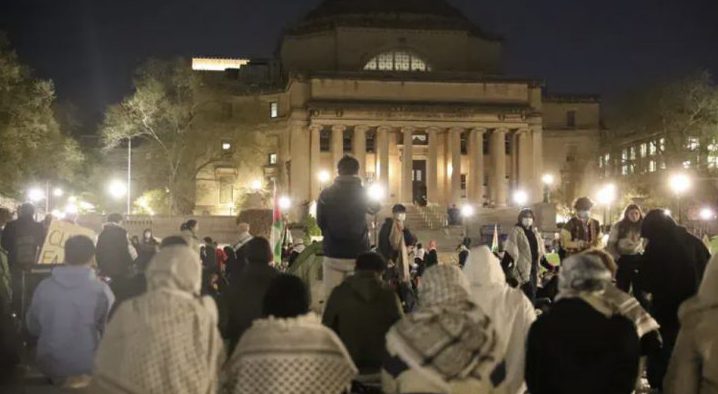The father of hostage Itay Chen says that Donald Trump and his administration believe that the hostages are an American issue too, with many Americans among the hostages.
Ruby Chen, the father of captured IDF soldier Itay, spoke with Arutz Sheva – Israel National News about the government’s decision to escalate the fighting in the Gaza Strip and the Prime Minister’s remarks about the two objectives of the intensifying war, defeating Hamas and returning the hostages.
Chen points out that the published description of the operation includes neither security for the living hostages nor efforts to locate the deceased. “The plan now is doubling down on the previous strategy that I heard from the Prime Minister in November 2023, when the Prime Minister sat before me and told me that just a little more military pressure and we would return Itay and the other hostages, and we did not see this happen. I can’t think of anything that has changed.”
Ruby noted that 75 percent of Israelis believe that the nation will only fully recover with the return of the last hostage.
Chen notes that last week he and other representatives of the captive families visited the White House, where they heard about the American commitment to recovering the hostages. “I was in the White House and heard from the administration how they were concerned for the hostages. Many Americans were killed that day as well, so the USA also has a score to settle with Hamas.”
Despite this, the visit made him concerned that due to American frustration over the lack of a breakthrough to bring back the hostages alongside Trump’s desire to promote broader American interests in the region, Israel will be required to make painful concessions that contradict Israeli interests.
Addressing the claim that accepting Hamas’ dictates is merely surrendering to an organization that seeks to extort Israel, Ruby says that the use of the term surrender is merely incorrect terminology, as we must remember that there was a terrible failure for which the Israeli government is responsible. “The price being paid today is the need to recover the living for rehabilitation and the dead for burial.”
“Hamas is not going anywhere. The need to defeat the Gazans requires a process of re-education, a twenty-year process, not a month or two, and anyone who disagrees is lying,” says Chen, lamenting that the Israeli government has not presented an orderly plan for the day after the war, whether military governance or some other arrangement. “We have not seen a day-after plan for the long term, and that is the expectation of the families from the government of Israel.”
Chen explains that what gives him strength is the thought that his son, held in Gaza, would want to see him fighting this battle for him. “This is my commitment as a father, to bring my son back to where he needs to be, to the State of Israel, and not to keep him under the rubble of Gaza and in the tunnels of Gaza.”
Ruby further adds that it is clear to everyone that internal unity in Israel will only be possible after the hostages are returned. “With the help of the people, we will bring them back, recover as a state, and deal with all our enemies, but only after the hostages are back home.”
Chen recounted the special composition of the tank crew in which his son fought. The crew included both secular and religious soldiers. “In Itay’s tank, everyone needed to work together for the tank to function. The values of unity and taking care of one another are what Judaism is about. How is it that we still do not have a common goal? We already know how to deal with Hamas, but we don’t know that answer.”





